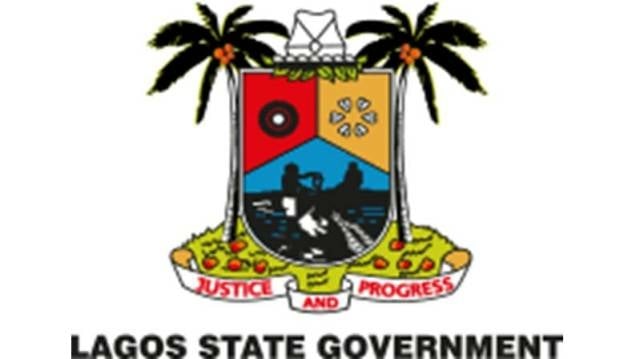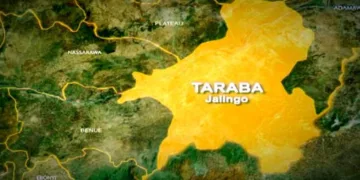Lagos State government has called on members of civil society organisations (CSOs) and non-governmental organisations (NGOs) to strengthen government-citizens relationship to bridge communication gap between both parties.
The state government said this at an engagement workshop organised by the Office of Political, Legislative and Civic Engagement (OPLCE), held in Lagos to present the proposed Lagos State 2025-2027 Strategic and Communication Strategy document for them to criticise, make recommendations and advise the state government.
The convener and permanent secretary of OPLCE, Engineer (Ms) Sholabomi Shasore, told the participants that through the document, the state aims to enhance the inclusion of citizens in governance and foster equity and inclusivity, especially the youth, women and people with disabilities.
Shasore noted that the document serves as future planning of citizens’ engagement in the state towards more participatory people-centric governance.
She added that its implementation is based on five pillars which are to enhance public trust, promote inclusive governance, encourage civic participation, facilitate participatory governance and strengthen stakeholders’ relationships.
“We have this engagement because we have a strategy to drive the activities of the state. Our vision is to have Lagos State where everyone is fully engaged, fulfilled and living in harmony. The engagement is to let the CSOs and NGOs know what we are doing, critic it and bring their suggestions.
“We are looking to work with organisations to achieve our targets of having millions of Lagosians on the Citizens Gate. We are going to use various platforms such as social media interaction, TVs, radios, open consultation among others. We expect the CSOs to work with the state in the implementation.
“We cannot achieve our objectives without them. Lagosians have been saying they want to engage more with the government and with this document, we can achieve that.”
Participants commended the Lagos State government for the engagement initiative, noting that unlike in the past where the government did not engage the citizens before carrying out its activities, the document would make citizens feel belonged and contribute their quota to the development of the state.
One of the participants, Robert Egbe of Corporate Accountability and Public Participation Africa, expressed confidence that the document, when implemented, will provide solutions to some of the challenges facing the state.
“The document is a commendable initiative. Usually, governments do hold stakeholder engagement after they have already done whatever they want to do but this time, it appears that the OPCLE is willing to have genuine conversation with NGOs and civil organisations. However, communication is not enough, it should lead to solving situations raised by Lagos state government,” he said
Reverend Father Raymond Anobiefu who represented the Christian body said the engagement was the first of its kind from the OPCLE.



